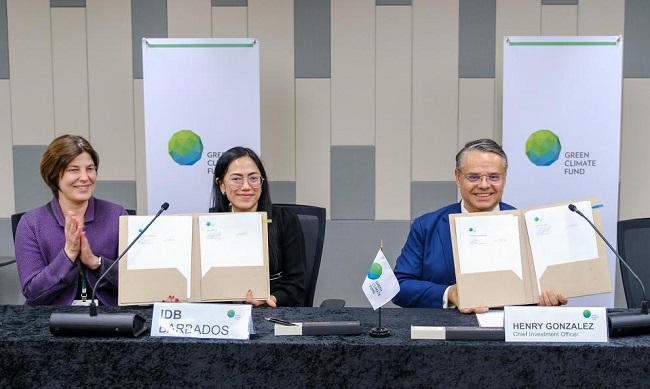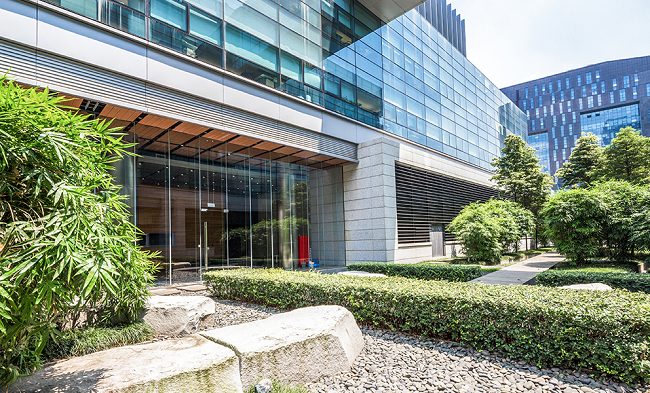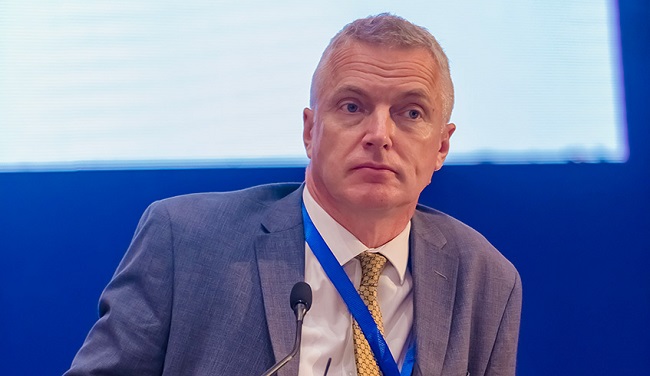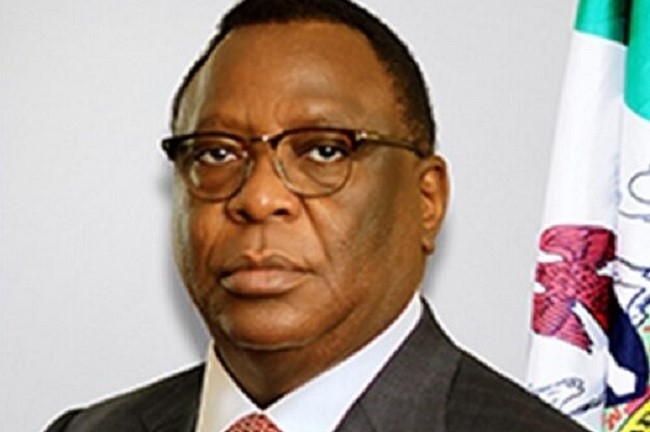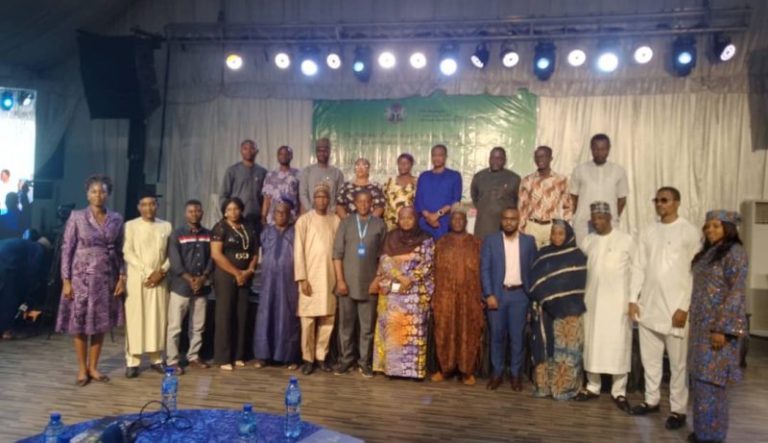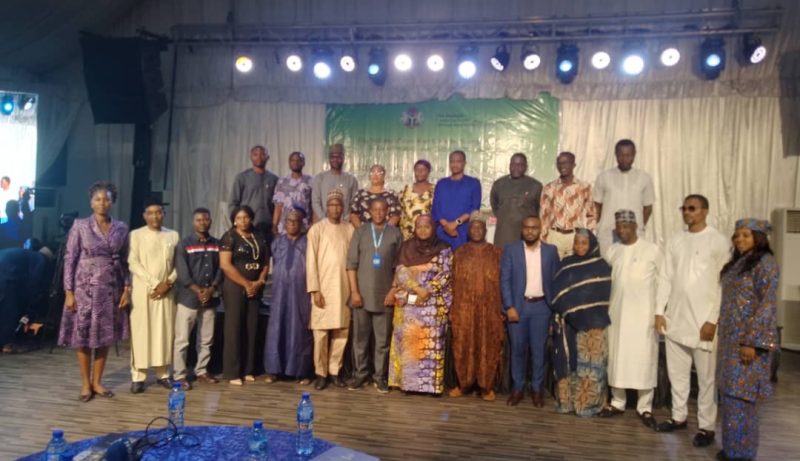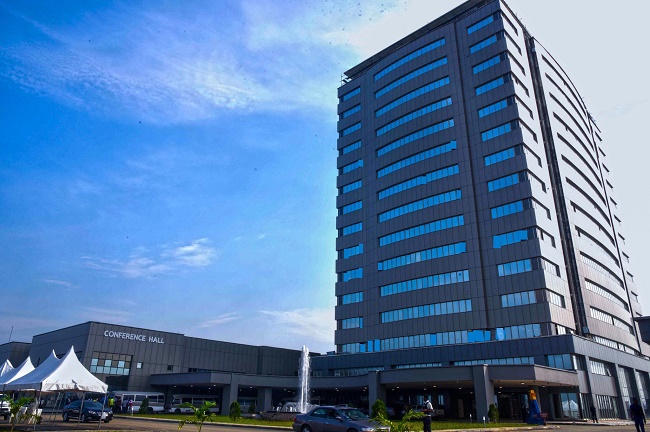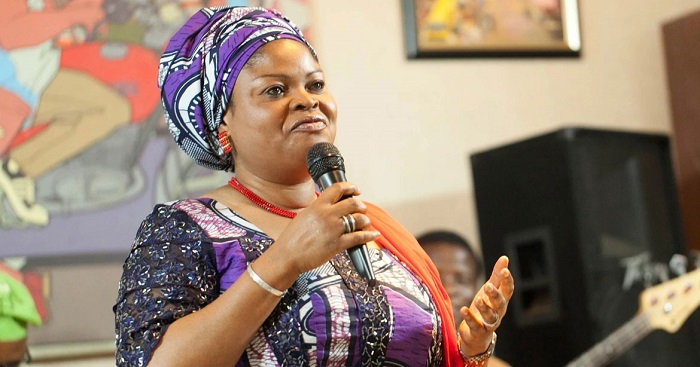WaterAid Nigeria, in collaboration with the Bwari Area Council, has earmarked more than N500 million for Water, Sanitation, and Hygiene (WASH) services in six Primary Healthcare Centres (PHCs).
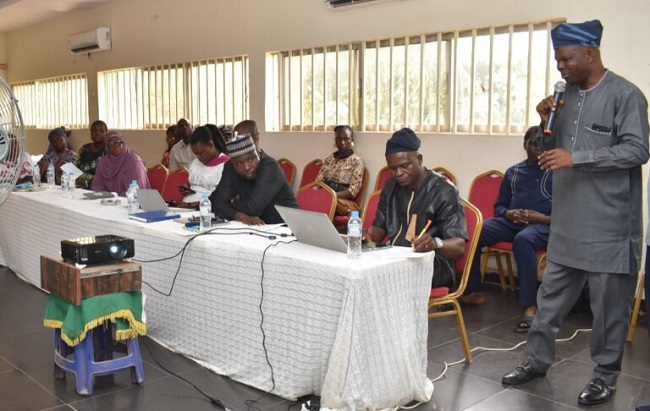
The proposal was presented at a one-day “Validation Workshop on Local Investment Plans (LIP) for Six Primary Healthcare Institutions” on Monday, March 17, 2025, in Abuja.
The selected PHCs for this pilot project are Dutse-Alhaji, Owner Occupier, Sabon-Gari, Byazhin, Dei-dei, and Ushafa.
The total proposed budget for the Local Investment Plan (LIP) is N521,655,000.
This funding aims to enhance WASH services, environmental cleaning, health waste management, and monitoring and evaluation across the selected centres. The investment plan is set to cover the period from 2025 to 2030.
Mr. Nampet Chuktu, WaterAid Head of Programmes, highlighted the importance of collaborating with stakeholders to ensure accurate documentation and validation of the investment plans, which would also help in advocating for future budget releases.
“This is so that we are not guessing what is needed or what should be in place each year.
“Instead, we will be able to determine what should be at the centres because it has been validated and documented. With this document, we can advocate for budget release,” he said.
Chuktu urged the representatives of each PHC at the workshop to help facilitate the process and ensure that the overseeing authority at the FCT Primary Health Secretariat properly situates the document.
He also noted that WaterAid, with funding support from the Church of Jesus Christ of Latter-day Saint Charities, would finance 30 per cent of the project, while the council would finance 70 per cent.
Mr. Kabiru Abbas, a consultant, emphasised the need for critical infrastructural development to improve WASH services in the PHCs.
He explained that the development of a WASH investment plan would help secure funding for the improvement of healthcare services and contribute to achieving Social Development Goals in the area.
“The LIP is a comprehensive plan for achieving the Social Development Goals within the area council.
“The state of WASH services in health institutions in Bwari Area Council has been precarious and requires significant investment in infrastructure,” he said.
He explained that the LIP was the result of a participatory process involving the assessment of gaps, setting priorities, timelines, and identifying the resources needed to achieve the set objectives.
“It is also evidence-based, life-cycle costed, and developed through a participatory approach involving a mix of stakeholders,” he added.
The Head of Administration of the Bwari Area Council, Mr. Isa Musa, assured swift action in adopting the document on behalf of the council chairman.
“WaterAid Nigeria has already supported a 12-month project focused on enhancing WASH facilities in Bwari’s PHCs, including constructing and rehabilitating water and sanitation facilities.
“This project is part of WaterAid’s broader sustainability strategy to maintain the WASH improvements in the council over the next six years.”
The event was attended by officials from various council departments, PHC managers, traditional leaders, and other WASH collaborators.
By Veronica Dariya

